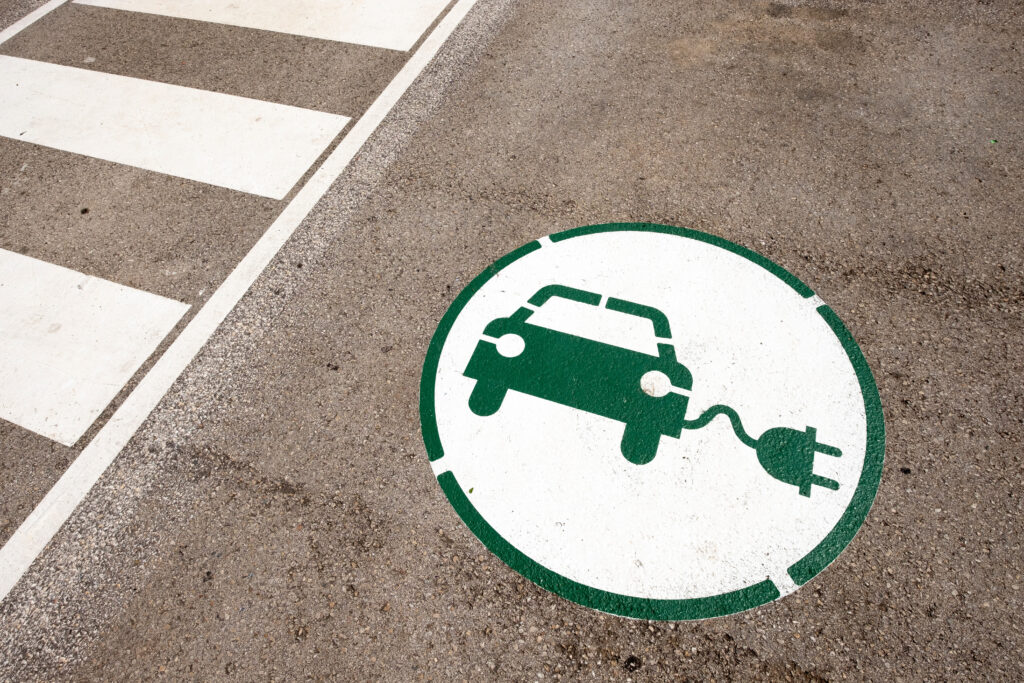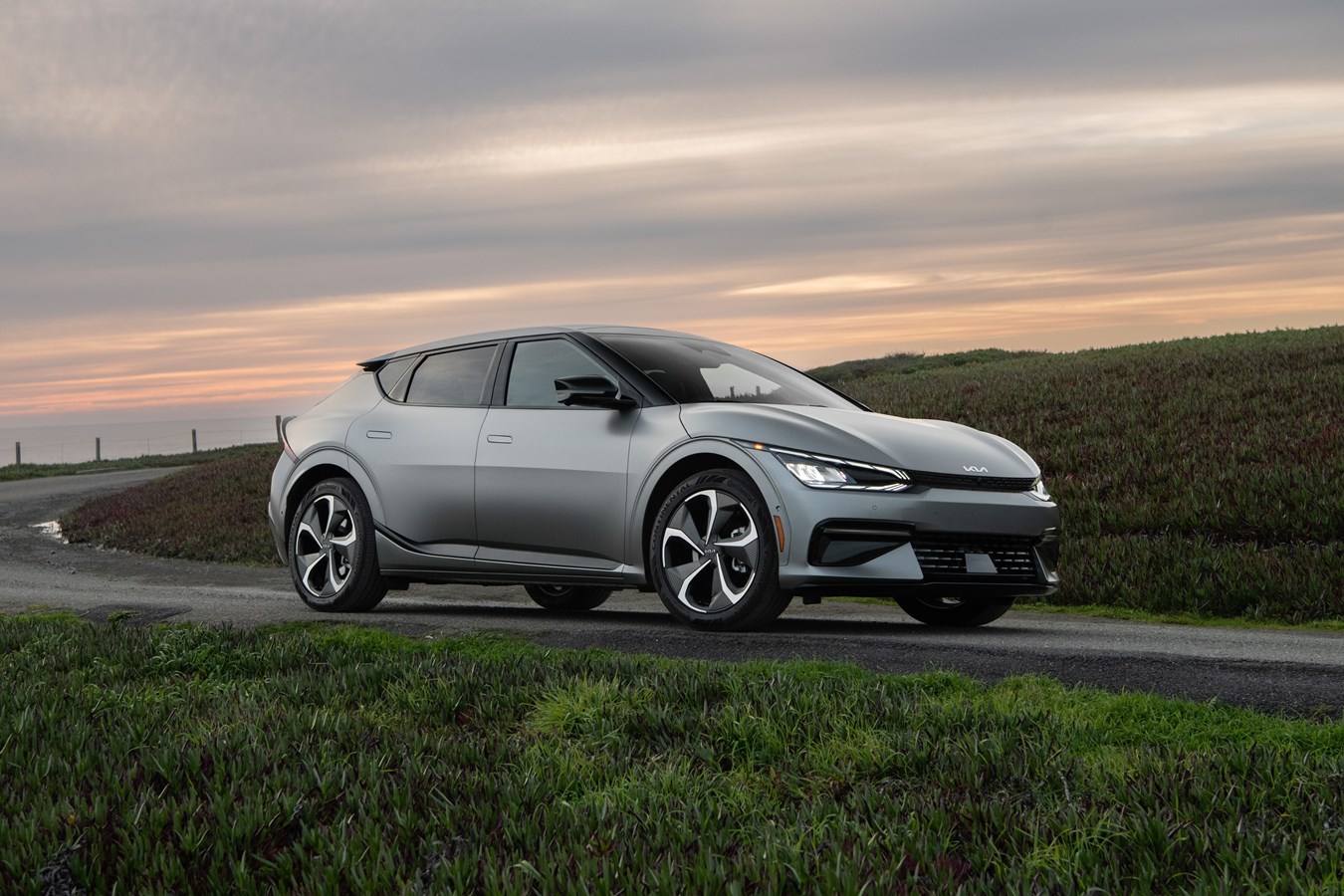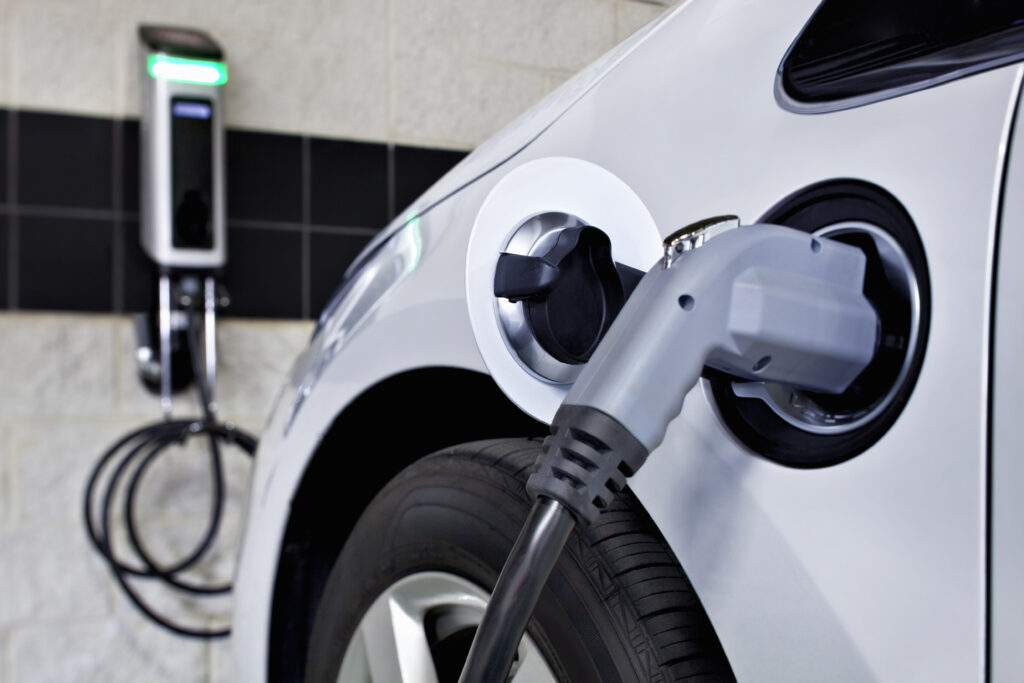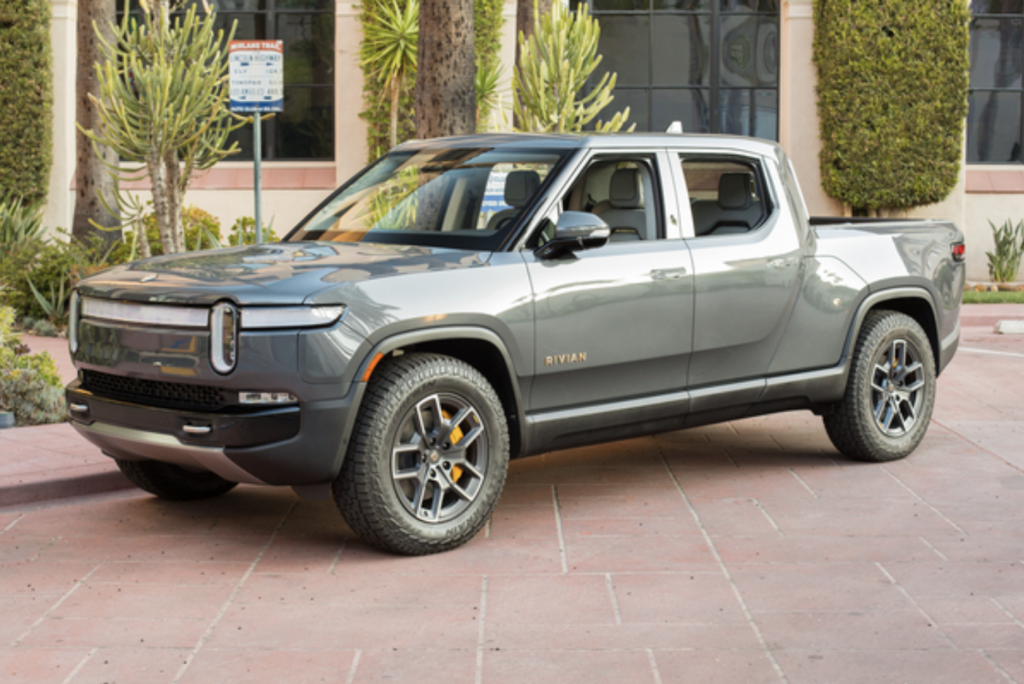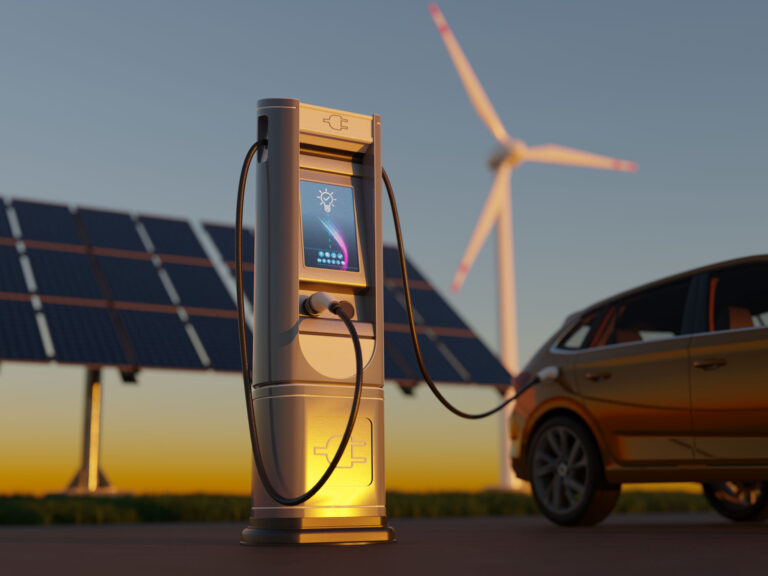
Generating your own power with solar energy could reduce your electric bill and your impact on the environment. If you have an EV to charge, you can get even more out of your solar panels.
Alix Langone, senior research analyst for EnergySage, an online service and marketplace for consumers interested in solar panels and other clean energy solutions, explained the benefits of installing solar panels to power an EV charger.
Why do people decide to go with solar panels to charge their EVs?
Langone: The common scenario we see is that someone plans to install solar panels to power their house and then decides to invest in a larger system to cover their EV charging needs as well. Or someone already has solar panels on their roof and wants to add on to their existing system so they can also charge the EV.
What are the advantages of installing solar panels to charge your EV?
Langone: In addition to reducing your carbon footprint, pairing your electric vehicle with a home solar panel system has real financial benefits. Even though you’re cutting out your gasoline costs, your electricity demand will increase. Charging your EV takes a lot of electricity, but when you charge your EV with your own solar panel system, it allows you to avoid pulling all that energy from the grid and hiking up your electric bill.
AAA members can save up to 20% or more on solar when you shop with EnergySage. Compare quotes from top-rated installers and maximize your solar savings with EnergySage's free marketplace.
What is the approximate cost of installing solar panels?
Langone: The average household needs a system about 11 kilowatts in size, costing around $29,000 before accounting for the federal tax credit and other incentives. After the federal tax credit, your costs drop to about $20,000. Installing solar panels costs about $2.56 per watt.
How do you calculate how many solar panels you need to charge an EV?
Langone: You’ll typically need seven to 12 solar panels to charge your EV. First, you need to know how much electricity it takes to charge your EV. This depends on your car’s battery size and how far you drive. Once you understand how much electricity your EV consumes annually, divide that number (in kilowatt hours) by the production ratio of your area, which is the estimated amount of electricity produced annually by a solar panel system, divided by its total wattage. Then divide that number by the wattage of your solar panels.
How does an EV charger connect to the power source?
Langone: Charging cables connect EVs to power sources. At home, you’ll use either a Level 1 or a Level 2 charger. You can plug a Level 1 charger into a regular house outlet, but they’re very slow. Level 2 chargers are much faster but require a 240-volt circuit, like the one you might use for a clothes dryer.
Is there a tax advantage to using solar panels?
What else should people know about solar panels?
Langone: You can save as much as $30,000 to $100,000 over the lifetime of your solar panel system, depending on where you live, how much energy you use and the cost of electricity in your region. Although the upfront costs to install solar panels are expensive, most homeowners break even on their solar investment in a little more than seven years.
AAA members can receive access to a dedicated EnergySage Energy Advisor and save between 20% to 30% on the total cost of a solar system compared to the market rate. Learn More.
AAA’s Recommendation: Whether you own an electric vehicle or a gas-powered car is up to you – and you should consider lots of factors in making that choice. No matter what type of vehicle you’re choosing, we recommend visiting a dealership, test driving one, and asking as many questions as possible to make an informed decision.

